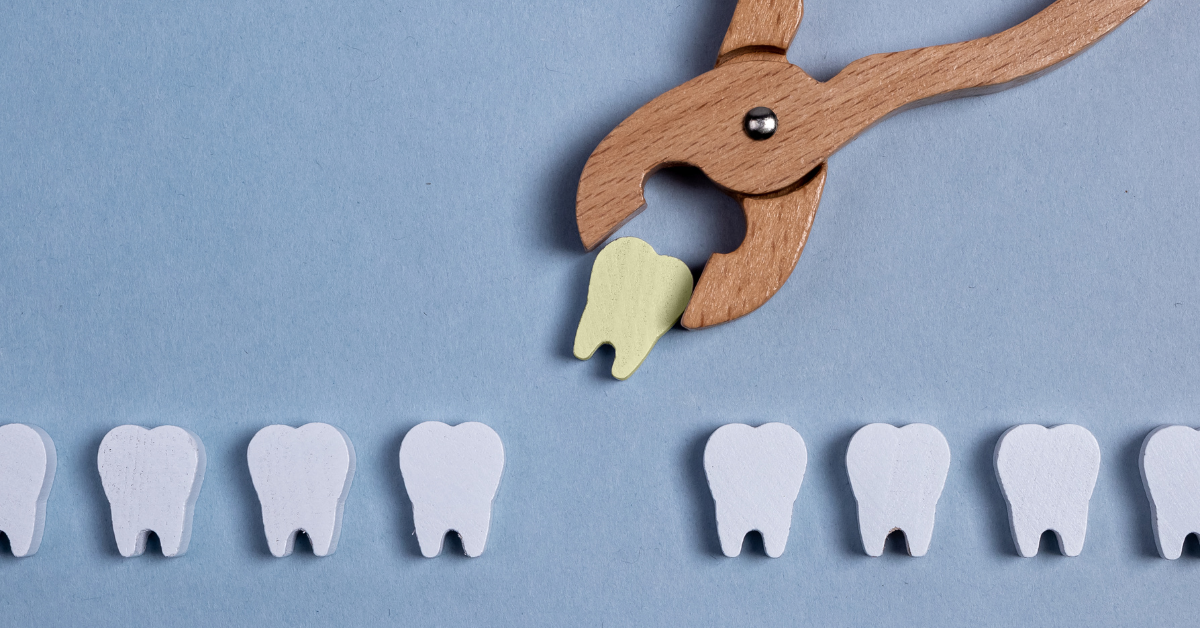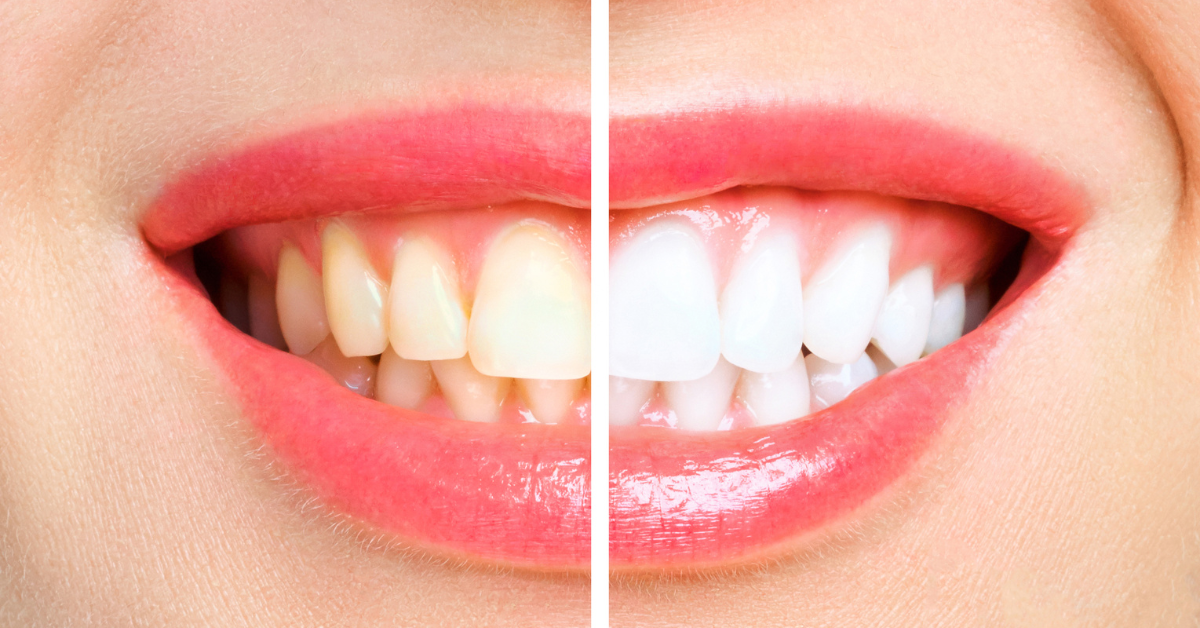A dental extraction is the removal of a tooth from its socket in the alveolar bone. Extractions are performed for a wide variety of reasons, but most commonly to remove teeth which have become unrestorable through tooth decay, periodontal disease, or dental trauma, especially when they are associated with toothache.
Why are dental extractions done?
There are many reasons why a dentist might recommend a dental extraction. Some of the most common reasons include:
- Severe tooth decay: If a tooth has decayed to the point where it cannot be restored with a filling or crown, it may need to be extracted.
- Periodontal disease: Periodontal disease is an infection of the gums and bones that support the teeth. If left untreated, it can lead to tooth loss. Extracting teeth that are severely affected by periodontal disease can help to prevent further damage to the gums and bones.
- Dental trauma: If a tooth is knocked out or severely damaged in an accident, it may need to be extracted.
- Impacted wisdom teeth: Wisdom teeth are the last teeth to come in, and they often don’t have enough room to erupt properly. Impacted wisdom teeth can cause pain, infection, and damage to the neighboring teeth.
- Orthodontic treatment: In some cases, teeth may need to be extracted to make room for orthodontic treatment.
What are the types of dental extractions?
There are two main types of dental extractions:
- Simple extraction: A simple extraction is the removal of a tooth that is visible in the mouth. This type of extraction is usually done under local anesthesia.
- Surgical extraction: A surgical extraction is the removal of a tooth that is not visible in the mouth, such as an impacted wisdom tooth. This type of extraction usually requires an incision in the gums and may be done under local or general anesthesia.
What are the risks of dental extractions?
Like any surgical procedure, there are some risks associated with dental extractions. These risks include:
- Infection: Infection is the most common complication of dental extractions. It can be treated with antibiotics.
- Bleeding: Bleeding is also a common complication of dental extractions. It is usually controlled with sutures or packing.
- Nerve damage: There is a small risk of nerve damage during a dental extraction. This can cause numbness or tingling in the lip, tongue, or chin.
- Dry socket: Dry socket is a painful condition that can occur after a dental extraction. It occurs when the blood clot that forms in the tooth socket dissolves too early.
What to expect after a dental extraction
After a dental extraction, you can expect some pain, swelling, and bleeding. These symptoms should subside within a few days. Your dentist will give you specific instructions on how to care for your extraction site, which may include:
- Taking pain medication: Your dentist may prescribe pain medication to help relieve pain.
- Applying ice: Applying ice to your face can help to reduce swelling.
- Rinsing with salt water: Rinsing with salt water can help to keep the extraction site clean and prevent infection.
- Avoiding smoking and alcohol: Smoking and alcohol can slow down the healing process.
- Eating soft foods: You should eat soft foods for the first few days after your extraction.
How to prevent dental extractions
The best way to prevent dental extractions is to practice good oral hygiene. This includes brushing your teeth twice a day, flossing once a day, and seeing your dentist for regular checkups and cleanings. You should also avoid sugary drinks and snacks, as these can contribute to tooth decay.
Conclusion
Dental extractions are a common and safe procedure. However, it is important to be aware of the risks and benefits of the procedure before you make a decision. If you are considering a dental extraction, talk to your dentist to discuss your options. Please find the dental office near you in these locations: Attleboro, Chelmsford, Hyde Park, Jamaica Plain, Lynn, Manchester, Methuen, Roslindale, Taunton.




